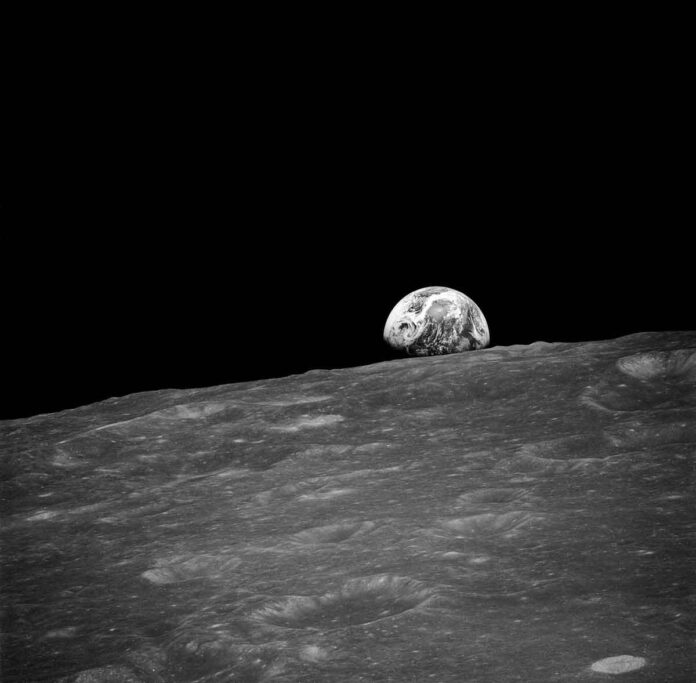NASA’s Orion spacecraft is now heading home after exiting the lunar sphere of influence. The Orion has completed the return-powered flyby burn. It would put the spacecraft on course for splashdown. The main gravitational force affecting the spacecraft right now is that of the Earth.
In the second of three scheduled external spacecraft inspections and flight, controllers used Orion’s cameras to examine the crew module’s thermal protection system and the European Service Module.
Scientists wanted to provide detailed images of the spacecraft’s exterior surfaces after it had passed through the region of Earth’s orbit. It was containing the majority of space debris. Scientists have reviewed the imagery and reported that they had no concerns.
A few days before re-entry, the spacecraft was subjected to its second inspection during the return phase.
The cameras have taken a number of still pictures of the four solar array wings. Engineers and flight controllers at NASA’s Johnson Space Center in Houston will review the imagery over the coming days. NASA’s Orion spacecraft will make one last photographic survey as it returns home.
Prior to the splashdown, scientists in charge of recovering Orion are continuing their preparations. The mission management team will determine the landing site location of Orion.
Orion was traveling 244,000 miles from Earth and about 79,000 miles from the Moon. It was cruising at 500 miles per hour.
The 322-foot-tall stack was consisting of the Space Launch System rocket and Orion spacecraft. It lifted off from NASA’s Kennedy Space Center in Florida on November 16.
Without a crew on board, this is the first phase of the Artemis mission. It aimed to lay the groundwork for a continued and extended human presence on and around the Moon.

